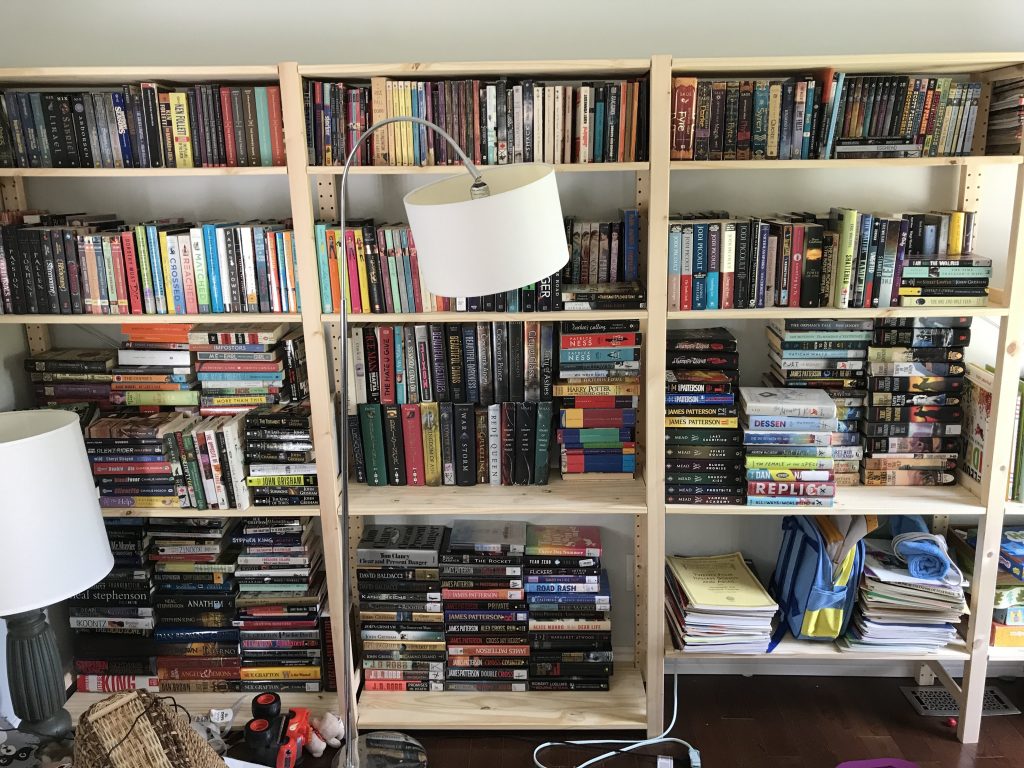I don’t.
Or rather, I don’t pay attention to it.
Let me explain.
As I explained recently, I set high standards for myself. I’m a perpetual, lifelong learner and look towards the long term for where I want to be.
There’s always something for me to work on and practice and while there are a thousand different areas to cover, I take it one piece at a time. Each time I tackle something new, I seek out the advice of a trusted person to help me along the way.
If there’s one thing I learned from being a magician, teacher and writer… somebody will always have something to criticize about you.
In the case of being a magician, it never fails that after a magic show where another magician is in the crowd, they will always offer unsolicited advice. If they don’t, they’re probably bashing you to their friends about things you did wrong (or quickly comparing notes so they can steal your material).
Same with writing.
Almost the same with teaching, but people do it to your face.
It doesn’t matter what you do, what direction you take or how good you are, there’s always somebody out there who will have something to criticize you on.
The operative colloquialism is “haters gonna hate.”
But it goes deeper than that because sometimes people lash out at you because of their own personal shit. There’s something unresolved in their own life and rather than work on it, they’d rather tear you down.
These are people who could see you walk on water and then say the only reason you’re doing that is because you don’t know how to swim.
At the end of the day, this is my craft and my art. I will defend it because it’s the best I could be at the time.
If I go completely off the rails, I have people in place to let me know.
Otherwise, I ignore it.
After all, I don’t want to spend my limited time on the planet worrying about it.
I have better things to do.
